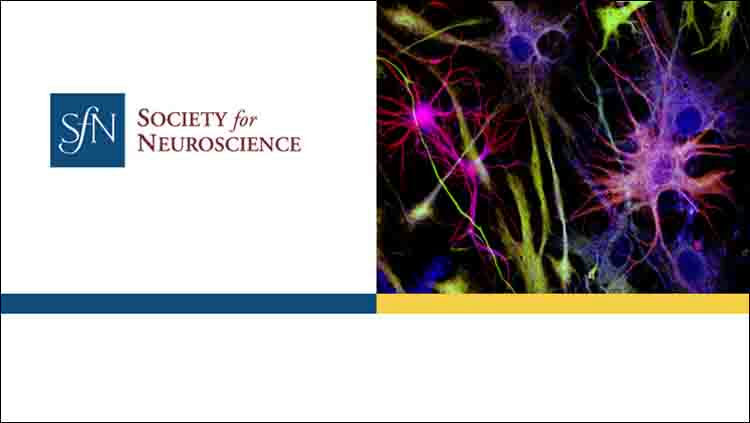SfN Council Reviews Advocacy, Other Efforts

SfN Council met on April 28–29 at SfN’s headquarters in downtown Washington, D.C. During this spring meeting, Council approved SfN’s proposed budget, heard updates from SfN’s committees, approved a proposed slate of committee member replacements, and discussed preliminary preparations for Neuroscience 2025.
Spring Committee Updates
SfN hosted its 19th annual Hill Day as a virtual event spanning March 11–13. Forty-nine NeuroAdvocates participated in 57 meetings with Congressional offices across 29 states. These advocates included SfN leadership, members of SfN’s Government and Public Affairs Committee and Committee on Animals in Research, Early Career Policy Ambassadors, and SfN coalition partners including FENS, the American Brain Coalition, the American College of Neuropharmacology, and the American Neurological Association. Hill Day participants advocated for supporting robust and stable funding for neuroscience research in FY 26 and encouraging the Administration to halt destabilizing activities to research. Participants also emphasized the continued importance of responsible and ethical use of animals in research.
Council heard updates from the Committee on Animals in Research on SfN’s continued federal advocacy efforts related to the use of animals in research. In November 2024, SfN held a small virtual Hill Day to discuss the concerning language surrounding the use of animal models at the Department of Veterans Affairs. Thirteen members of SfN’s leadership met with the staff of House and Senate congressional leadership and appropriations subcommittee leaders. SfN leadership later met directly with the staff of the House and Senate Military Construction, Veterans Affairs, and Related Agencies (MilCon-VA) leadership offices to speak more on the issue. SfN agreed to submit written testimony to the MilCon-VA subcommittee in support of animal models and has been working with the National Association for Biomedical Research to form a coalition to advance its legislative efforts.
The Public Education and Communication Committee reported on the activities of BrainFacts. In the past two years, users topped two million, with 52% of those based outside the United States. Council heard about BrainFacts’ use of content topics to tell stories about the creative brain, predictions, and decision-making; the effects of inflammation on the brain; and the brain and interpersonal communications. Additionally, the Committee highlighted the media coverage of Neuroscience 2024 and the abstracts selected to be featured on BrainFacts. Two of the highlighted abstracts were later published in Nature. In 2025, Brain Awareness Week featured a social media campaign highlighting new interactive activities. SfN also delivered sets of BrainFacts books to local high schools and intends to expand that effort in the future.
The Committee on Committees (CoC) proposed a slate of new committee members to begin their terms in November 2025. The CoC’s mission is to ensure the continued reflection of SfN’s broad membership across the Society’s committees.
Neuroscience 2025
Staff and the Program Committee reviewed member feedback to build upon the success of Neuroscience 2024. Neuroscience 2025 will be held in San Diego, CA, from November 15–19, and abstract submission was open May 21—June 5. Late-breaking abstracts will open September 3 and close September 10 or when a cap of 2,500 abstracts is reached. The Themes and Topics Working Group implemented new themes for Neuroscience 2025 with the goal of evening the distribution of abstracts amongst the themes. These include Theme C: Neural Aging and Degeneration, Theme D: Neuroimmunity, Neurovasculature, and Neural Injury, and Theme K: History, Education and Society. For Neuroscience 2025, the SfN-Sponsored Socials have been replaced by Neuroscience Networking Events. Organizers are responsible for organizing their own venue for these events, with applications open through October 23.























